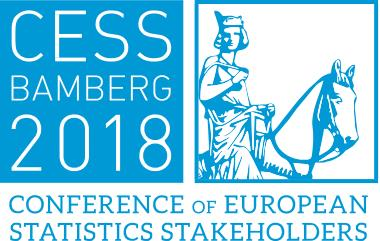Nowadays, large scale surveys are increasingly delving into sensitive topics such as religious prejudice, racism, drug use, sexual behaviour, gambling, consumption of alcohol, domestic violence. Sensitive, stigmatizing or even incriminating themes are difficult to investigate by means of standard data-collection survey techniques since respondents are generally reluctant to release information concerning their personal sphere. Consequently, doing research on delicate topics is not an easy matter since it is likely to meet with three sources of errors: (1) refusal to cooperate (unit-non-response); (2) refusal to answer specific questions (item-non-response); (3) untruthful answers (measurement error). In particular, dishonest or misleading answers generate a well-known source of bias which is called social desirability bias, i.e. the tendency of survey participants to present themselves in a positive light. All these errors can seriously flaw the quality of the data and, thus, jeopardize the usefulness of the collected information for subsequent analyses, including inference on unknown characteristics of the population under study. More specifically, standard survey questioning techniques based on self-reporting or direct questions generally produce overreporting of socially acceptable attitudes which conform to social norms and underreporting of socially disapproved, undesirable behaviours which deviate from social rules.
The present contribution aims at bringing together methodological and practical aspects of the indirect questioning approach. Specifically, the survey plan and the results of some real surveys about drug use and sexual behaviour will be discussed during the conference. It will be shown how the techniques employed in the surveys can enhance respondents’ cooperation and, according to the “more-is-better” principle, procure more reliable estimates than those stemming from traditional direct questioning (DQ) survey methods.
